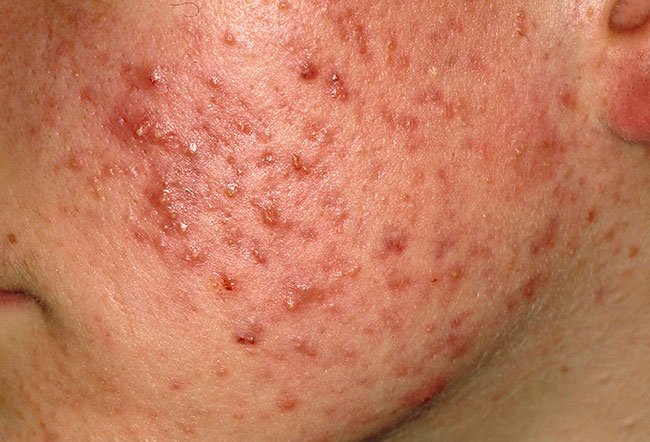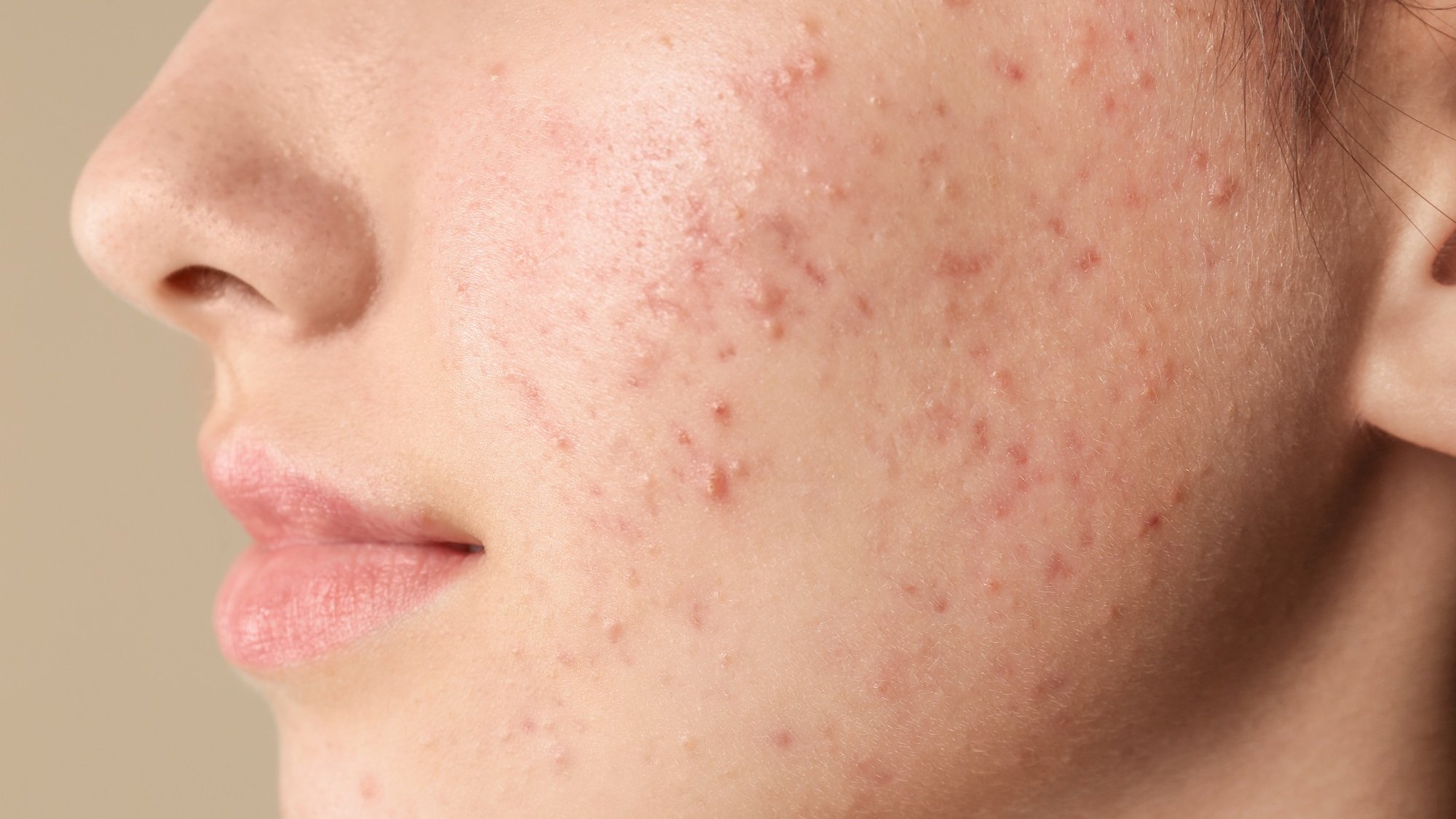Tea tree oil has been used as a traditional medicine by the Aboriginal people of Australia for centuries. These native Australians crush tea tree leaves to extract the oil, then inhale it to treat coughs and colds or apply it directly to the skin for healing.
Benefits of Tea Tree Oil
- Skin health: Tea tree oil has antimicrobial and anti-inflammatory properties that can help to treat acne, psoriasis, and other skin conditions.
- Hair health: Tea tree oil can help to soothe a dry, itchy scalp and may also help to prevent dandruff and other scalp conditions.
- Oral health: Tea tree oil can help to fight bad breath and may also have antimicrobial properties that can help to prevent gum disease and other oral health issues.
- Insect repellent: Tea tree oil has a strong, unpleasant scent that can repel insects like mosquitoes, ticks, and lice.
- Immune system support: Tea tree oil has antiviral, antibacterial, and antifungal properties that can help to support the immune system and prevent infections.
- Cleaning: Tea tree oil can be used as a natural cleaning agent and disinfectant, thanks to its antimicrobial properties.
- Respiratory health: Tea tree oil can help to relieve congestion and reduce inflammation in the respiratory system, making it useful for treating conditions like bronchitis and asthma.
Risks of Tea Tree Oil
- Skin irritation: Tea tree oil can cause skin irritation, especially in people with sensitive skin. It’s important to dilute tea tree oil with a carrier oil before applying it to the skin.
- Allergic reactions: Some people may be allergic to tea tree oil, which can cause symptoms like hives, itching, and difficulty breathing.
- Hormonal effects: Tea tree oil has been shown to have hormonal effects and may interfere with the body’s hormone balance when used in high doses.
- Toxicity: Tea tree oil can be toxic when ingested, especially in large amounts. It can cause symptoms like nausea, vomiting, and seizures.
- Interaction with medications: Tea tree oil may interact with certain medications, including those used to treat acne, fungal infections, and cancer.




